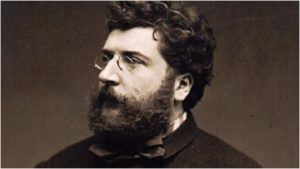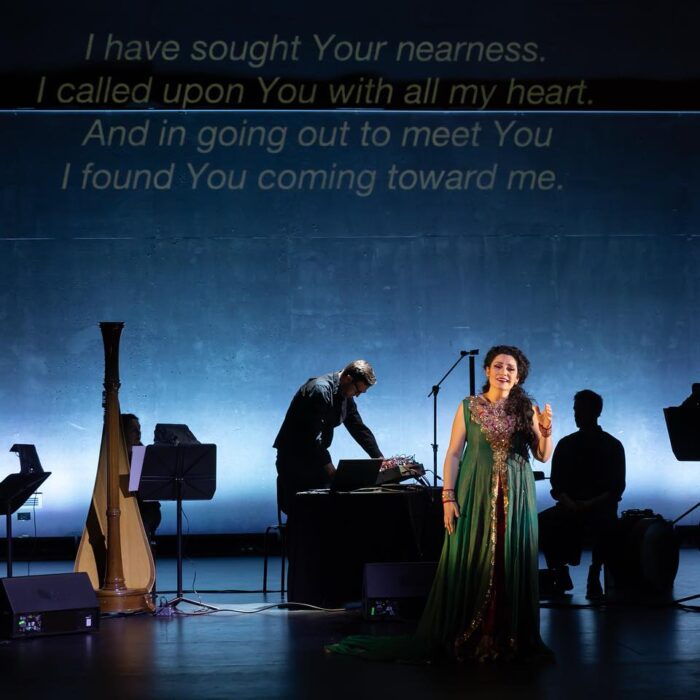
Explore George Bizet’s Rare Operas Not Named ‘Carmen’ Or ‘Les Pêcheurs de Perles’
By David SalazarYou know “Carmen.” And you’ve probably gotten to know “Les Pêcheurs de perles” quite well also.
But what of George Bizet’s other operas? How many are there? What subjects do they narrate and explore? Here is a run down of those other operas from the famed composer, born on Oct. 25, 1838, under the name Alexandre César Léopold Bizet.
Le Docteur Miracle
Bizet’s first performed opera was written when he was but an 18-year-old and won him the first prize at a competition organized by Jacques Offenbach. The operatic comedy borrows from other works, most prominently “The Barber of Seville,” as the protagonists of both works disguise themselves repeatedly to try to find their way to their lovers. This opera is most famous for the “Omelette” quartet in which characters praise the merits of food before realizing it is… not quite up to snuff.
Don Procopio
Another comic opera, this time in two Acts, the opera received a belated premiere in 1906. And as with “Le Docteur Miracle,” wherein he was borrowing heavily from Rossini’s plot of the Beaumarchais play, Bizet’s opera is essentially an imitation of Donizetti’s “Don Pasquale,” in with a rich man is looking to marry his niece off to a rich man for fear of losing his money. She is assisted by her aunt and lover Ernesto (yes, both male leads are called Ernesto) in taking down the two older men. One chorus from this Italian opera is later utilized in “Les Pêcheurs de perles.”
Ivan IV
The opera based on the life of the famed Russian Tsar was actually Charles Gounod’s project. However, the famed French composer turned it over to Bizet, who would never finish the opera either. It would eventually be recovered after the composer’s death and completed in other versions.
La Jolie Fille de Perthe
Here Bizet turned to Walter Scott for an opera that has a mad scene, seductions and a number of other conventions of romantic opera of the period. The work is perhaps best-known for the orchestral suite that came of it, though it has been recorded by numerous famed artists, including June Anderson and Alfredo Kraus.
Djamileh
This opera was written in the early 1870s, but received a late premiere and was much admired by Gustav Mahler who lead several performances of the work in Hamburg and Vienna. Richard Strauss also saw it as inspiration for “Ariadne auf Naxos.” The opera’s music is very evocative of the Egyptian setting, much in the way that Bizet’s music expresses Spanish culture in “Carmen” and the oriental influence in “Pêcheurs.”
Other Works
His very first opera was “La Maison du Docteur,” but it has never been performed. He also completed Halevy’s “Noé” and left “La coupe du roi de Thulé,” “Clarissa Harlowe,” and “Grisélidis” unfinished.


